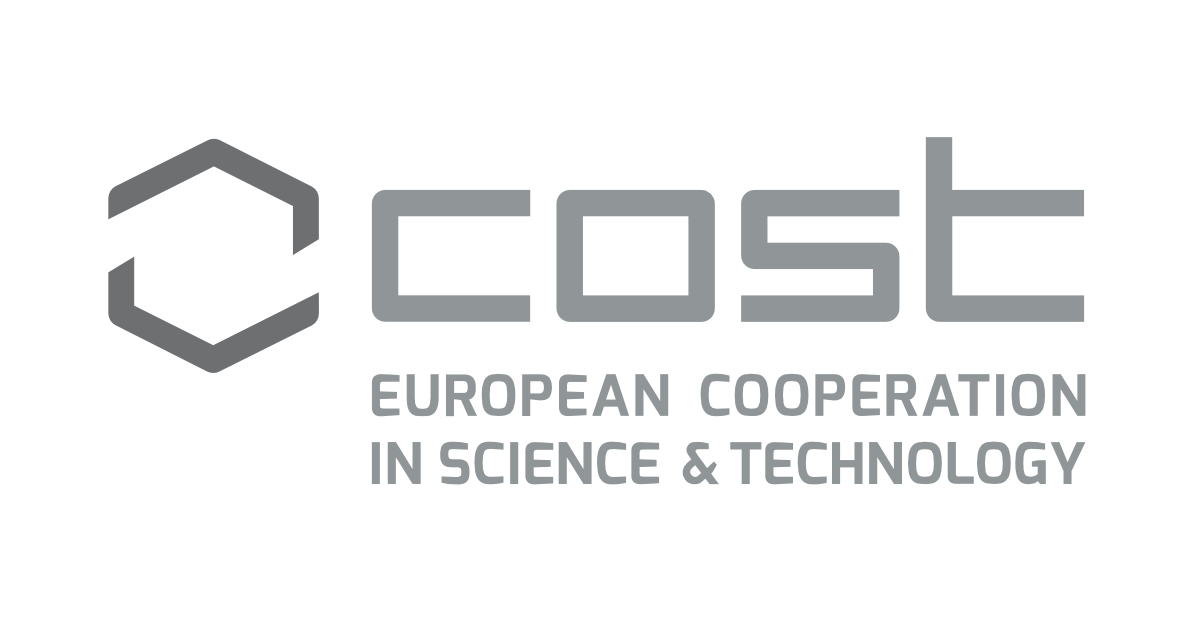Description
Animal venoms are renowned for their vast biotechnological and pharmacological potential, dictated by more than 13 FDA and EMA-approved drugs currently on the market for treating a variety of human diseases and conditions. Despite these successes, venoms are undervalued as a source of therapeutic compounds. This is partly due to several persistent challenges, including the lack of standardized, ethical, and sustainable protocols for production or chemical synthesis of venom compounds, insufficient guidance in the choice of therapeutic targets relevant to unmet therapeutic needs and uneven access to advanced research facilities for the drug discovery process.
The CIG VENOVATE seeks to overcome these challenges by creating a reflexion on the therapeutic targets and their validation by physicians as well as a standardized pipeline that accelerates venom-based research, fosters innovation, and delivers comprehensive training in advanced technologies and methodologies, including commercialization strategies and market studies. The project will actively engage diverse stakeholders to implement best practices in animal venom collection, processing, characterization and development, ensuring full compliance with the Nagoya Protocol and EU regulations to achieve research excellence. To meet its objective, VENOVATE will build upon, but also extend, the expertise and resources established through the EUVEN COST Action and will be further supported by strong interdisciplinary collaborations.
VENOVATE will focus on creating standardized protocols based on innovative approaches for harnessing multi-omics data and AI-guided methods to discover novel bioactive compounds and select promising candidates for therapeutic applications. Protocols will be designed for high-quality production of these compounds using bacterial expression systems, as well as sustainable green synthesis methodologies in a way compatible with the Good Manufacturing Protocol imposed by EMA and FDA. Guidance on screening procedures at state-of-the-art High Throughput and High Content Screening Facility (HTS/HCS) facilities will also be developed to evaluate bioactivity and potential in ageing and ageing-related diseases. Detailed experimental protocols will outline molecular, cellular, and metabolic biology techniques for characterizing compounds, including MALDI-Imaging mass spectrometry (MALDI-IMS) and advanced omics tools such as Olink. Optimization workflows will incorporate in silico approaches, bioinformatics, structure-activity relationship analysis, and medicinal chemistry, providing a comprehensive framework for further refinement of candidate compounds. Guidelines for in vitro characterization will be complemented by proposed methodologies for testing in well-established animal models such as Danrio rerio (zebrafish), Caenorhabditis elegans (nematode), or Mus musculus (mouse), along with emerging models like Galleria mellonella (moth). This ensures that the VENOVATE delivers a robust foundation for future experimental research in venom-based biodiscovery.
All protocols and laboratory practices will adhere to the EUVEN Green Labs guidelines, which aim to minimize environmental impact. These guidelines will include, but are not limited to, reducing single-use plastic, promoting research integrity to minimize repeat experiments, considering ethical travel options, and reducing energy consumption.
The initiative will provide a scalable, standardized pipeline for research and education, designed to discover and develop therapeutic candidates or diagnostics with distinct mechanisms of action, appealing to both academic and industry stakeholders.
Key deliverables will include open-access protocols, whitepapers, and reference documents, developed through workshops, research visits, and training schools, complemented by other dissemination activities designed to transform EU policies and foster informed societies.
VENOVATE will thus advance venom-based drug discovery while also equipping young scientists with multidisciplinary expertise and access to state-of-the-art biodiscovery technologies, enhancing their skillsets at both European and global levels. Collectively, these efforts will foster innovation and entrepreneurship, laying the groundwork for startups inspired by the products, methodologies, and technologies developed through this innovative initiative.
Action keywords
Venom-biodiscovery - sustainability - drug candidates - precision tools - ethical-venom practices
Main Contacts
Action Contacts
COST Staff
Leadership
| Role | Leader |
|---|---|
| Action Chair | |
| Action Vice-Chair | |
| Grant Holder Scientific Representative |
